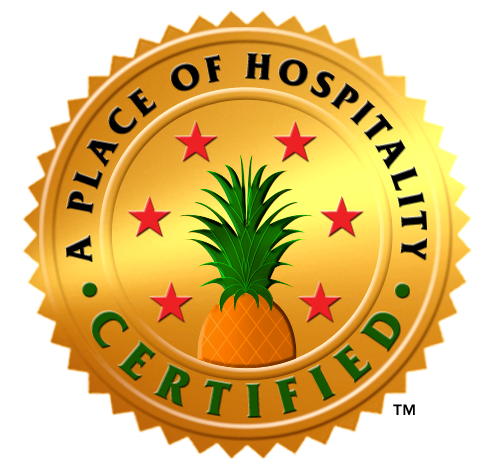
Restaurant Management Agreement During the 1970's, the management contract approach to operating hotels (covering hotel rooms and hotel restaurants) gained widespread acceptance. Today, few national hotel companies actually own the properties they operate. Although the application of management contracts to restaurants is still relatively new, the fundamentals of the relationship are the same. Under a management contract, an experienced operator will take over a property (oftentimes distressed) and attempt to make it profitable. If the operator is able to generate profit, he retains a percentage of the profits for his efforts. The net proceeds from operations are then passed through to the owner. The owner is motivated to accept the management contract relationship for the following reasons:
The restaurant management company is motivated to perform well for the following reasons:
Relationship Between Owner and Operator Most restaurants have two distinct components: 1. The Operating Entity which derives revenues and incurs expenses from the sale of food and beverage, and 2. The Real Estate Entity which deals with the land, building, improvements and such related aspects as debt service, property taxes, building insurance and invested equity. Management contract operators are concerned with the first component and owners with the second. Typically, an owner purchases the land, building, furniture, fixtures and equipment, placing some cash down and financing the balance over a period of time. On a regular basis he pays interest and principal, property taxes, and premiums for insurance on the building and its contents. From time to time he makes capital improvements to the restaurant. The owner regards his purchase of the property and the related expenses of ownership as an investment. As such, he requires a reasonable return on that investment. The owner contracts with the operator to run the restaurant business with the expectation the operator can generate sufficient income from the restaurant to pay the costs of operation, cover the owner's expenses of owning the property and provide a reasonable return on investment. Under a management agreement, the owner agrees to provide working capital, bear all expenses, maintain insurance on the building and contents, and avoid any role in the restaurant operation. Among other things, the operator agrees to assume proprietary responsibility for management, handle all administrative functions, handle all cash, pay all bills, develop and execute the marketing plan, design and price the menu, plan capital improvement needs, select, train and motivate staff, maintain accurate books and records, prepare regular financial statements and prepare all sales and payroll tax reports. The essence of the relationship is that the operator is only responsible for those revenues and expenses which pertain to the actual operation of the restaurant and over which he has control. If the operator is successful, he will generate income from the operation after management fees which will then flow to the owner. Whether or not the income is sufficient to cover the owner's expenses and expected return on investment is another matter. Obviously, the operator has no control over how much the owner paid for the property and thus cannot be accountable for the adequacy of the income flow with respect to covering the owner's real estate investment. It is in the operator's best interests, however, to maximize profitability of the restaurant which in turn maximizes cash flow to the owner. Management Fee Formula Generally, management companies are paid a percentage (2-5%) of gross sales, called a Basic Management Fee (BMF) plus a percentage of the operating income (15-25%) called an Incentive Management Fee (IMF). The BMF covers the operators organizational expenses and rewards him for increasing sales. The IMF is the reward the operator receives for delivering profits to the owner. Typically, IMF accounts for about 60% of the fees received by a management company. Pitfalls of Management Contracts Management contracts can create problems as well as solve them. Listed below are a number of areas that can be potential causes of dissatisfaction between owners and operators:
As might be expected, there are occasionally disagreements between owners and operators as to what constitutes operating expenses as distinguished from ownership expenses. The best solution lies in a clearly worded management agreement which addresses these areas in detail and provides appropriate incentives and safeguards to all parties. Ultimately, of course, the real measure of "workability" in a management contract is reflected in the level of respect and trust between the owner and operator. Profile of the Successful Operator The restaurant operator who succeeds in generating a stable, consistently profitable operation generally shows the following characteristics:
Review the outline of a Restaurant Management Agreement Immediate download in Microsoft Word format - $297 | ||
|
Copyright ©2024 by William Marvin, all rights reserved
